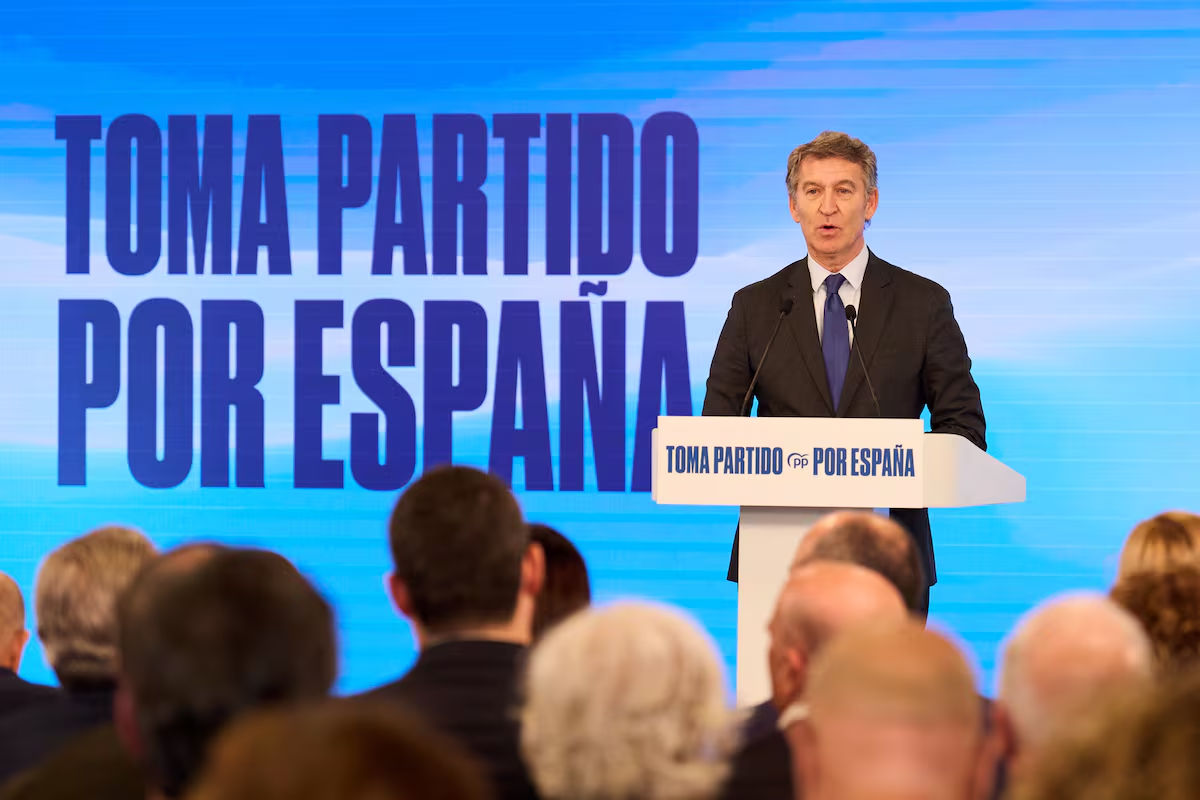
In Spain you can be self-employed and employed at the same time. This is what is called pluriactivity, in which the worker contributes to both the general regime and the self-employed one. This double contribution is compensated by Social Security with a series of bonuses and even with a refund through the tax return, but the PP wants to go further. The president of the main opposition party proposed on Wednesday that multi-task self-employed workers should under no circumstances pay contributions above the maximum base. That is, if they already contribute the maximum possible in the employee scheme, they do not contribute at the same time through the self-employed quotas.
In a press release, the PP explained that it wanted to make it possible to “make the self-employment regime compatible with employed work so that this employee does not pay the full compensation, but rather an amount proportional to the performance of his work”. “The two activities will be compatible for the calculation of the pension,” specified the president of the party, Alberto Núñez Feijóo. Currently, self-employed workers who are also employees are compensated with a reimbursement after two years equal to 50% of what exceeds the maximum base. Under the PP approach, if they contribute so much that they exceed the maximum base, only the employee solidarity fee will be applied to them.
This is one of ten measures proposed by Feijóo’s team on Wednesday, some of which were already known. These include the VAT exemption for those who invoice less than 85 thousand euros, the reduction in the number of declarations (instead of one per quarter, two or one per year), the non-payment of contributions for one year for the first employee hired, nor for leave due to serious illness, the exemption of contributions for two years following paternity and maternity leave and the equalization of the right to breastfeeding to that of employees.
The main opposition party also proposes measures in line with some policies already in force, but which it wants to explore further: benefits for working after retirement age, zero rate for new self-employed workers and clarifying and increasing deductions on expenses.
These PP proposals come amid the debate over self-employed quotas, after the government proposed a significant increase in contributions to meet the target of self-employed workers contributing based on their real income in 2032. The Ministry of Social Security corrected the proposal after a barrage of criticism from the left and right, with a new table that freezes the share of self-employed workers who earn less and increases that of others above the CPI.
The ATA welcomes the proposal
The president of the Association of Self-Employed Workers ATA and vice-president of the CEOE, Lorenzo Amor, applauded the quota limit proposed by the PP: “It is logical that no multi-activity self-employed worker contributes above the maximum base of the system”. At the same time, Amor said: “I find it phenomenal that self-employed workers only make two half-yearly declarations instead of four and that the European directive on subsidized VAT applies and those who invoice less than 85,000 euros do not declare VAT and only make an annual declaration.” In a message to X, the employer representative rated the rest of the measures positively.
For its part, the association of self-employed workers linked to the UGT, UPTA, sees the approach as “a decalogue of good intentions which, however, still has ample room for improvement to truly respond to the real needs of the over 3.4 million self-employed workers in our country”. Regarding the proposal to facilitate the compatibility between employed and self-employed work, the UPTA expresses itself critically: “The proposal makes no sense, since currently the contribution bases of both activities are already added for the calculation of the pension. This measure would not provide any real progress”.
“At UPTA we regret that the PP forgets what is essential: the need for a fair and structural tax reform that balances the tax burden between self-employed workers and large companies,” concludes the association chaired by Eduardo Abad.





